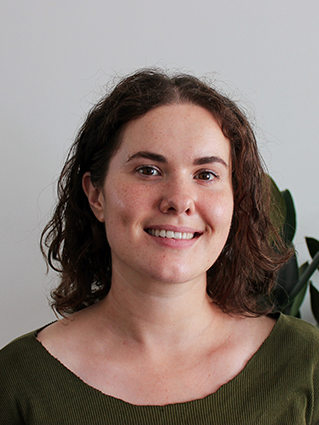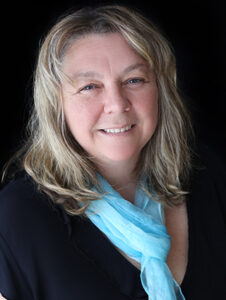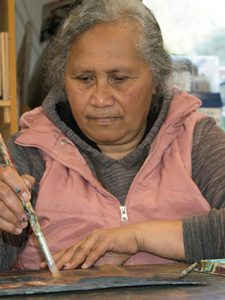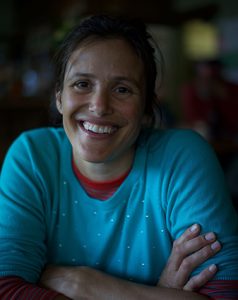Kids Creative Therapy
Kids Creative Therapy is a special art programme designed for small groups of children aged 5 years and upwards.
Most of the participants in our Tuesday afternoon programme have ASD or other special needs. However, children of all abilities are included and welcome.
Using an organic approach to learning and group activity, the art therapist and art facilitators provide an environment where each child is encouraged to choose and follow their own topic of interest, and to make their own decisions regarding their creative work. The facilitators assist them by suggesting ideas and demonstrating techniques, introducing topics if necessary, and encouraging them to try new and different themes and mediums.
Each session begins with a check-in and sharing, fostering group cohesion and social connection. This is followed by art making or creative industry of some sort (i.e., 3-D construction, painting, personal narration, etc). The sessions finish with a sharing circle and the young students discuss their creations.
The students are encouraged to express themselves and to listen to others. Group protocols are introduced, and parameters set as required. Through this process they learn social and relationship skills based on respect and inclusion. The students greatly enjoy the creative activity and opportunity to express their unique world view.
They develop trust and build friendships – for some forming friendships is a new experience.
Kids Creative Therapy provides a safe and supportive environment, specifically tailored to the individual needs and abilities of each child in the group.
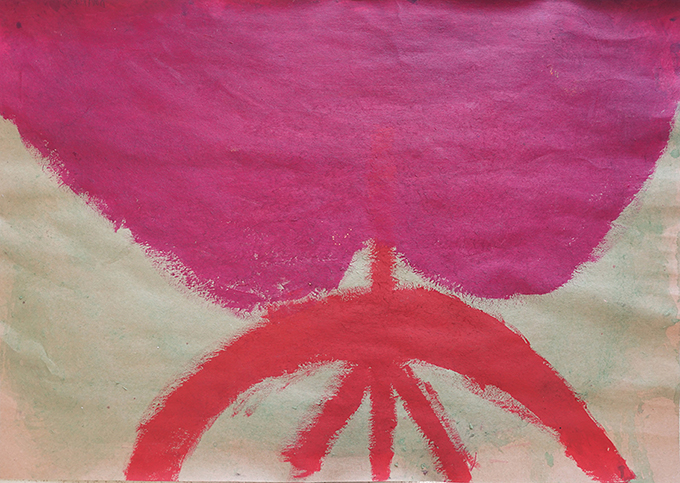
Image: Your Tree Your Way by Daniel Vos-Pye
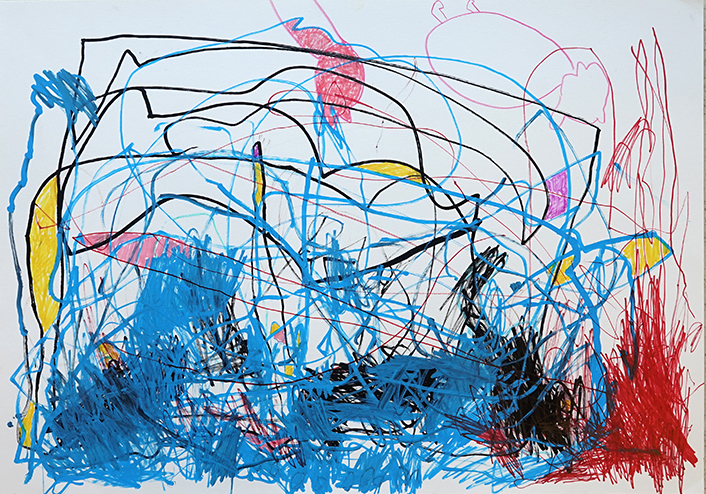
Image: Zoom by Geo Kim
Outcomes
- Encouraging and supporting children to express themselves creatively can increase self-esteem, confidence and positive self-identity.
- Creative activity stimulates imaginative thinking, develops artistic and fine motor skills, and promotes healthy self-expression. It will assist children to engage in tasks, and become absorbed in creative projects. It will help with sensory regulation.
“Belonging to a supportive social group can also support the development of communication and social skills – and be lots of fun!”

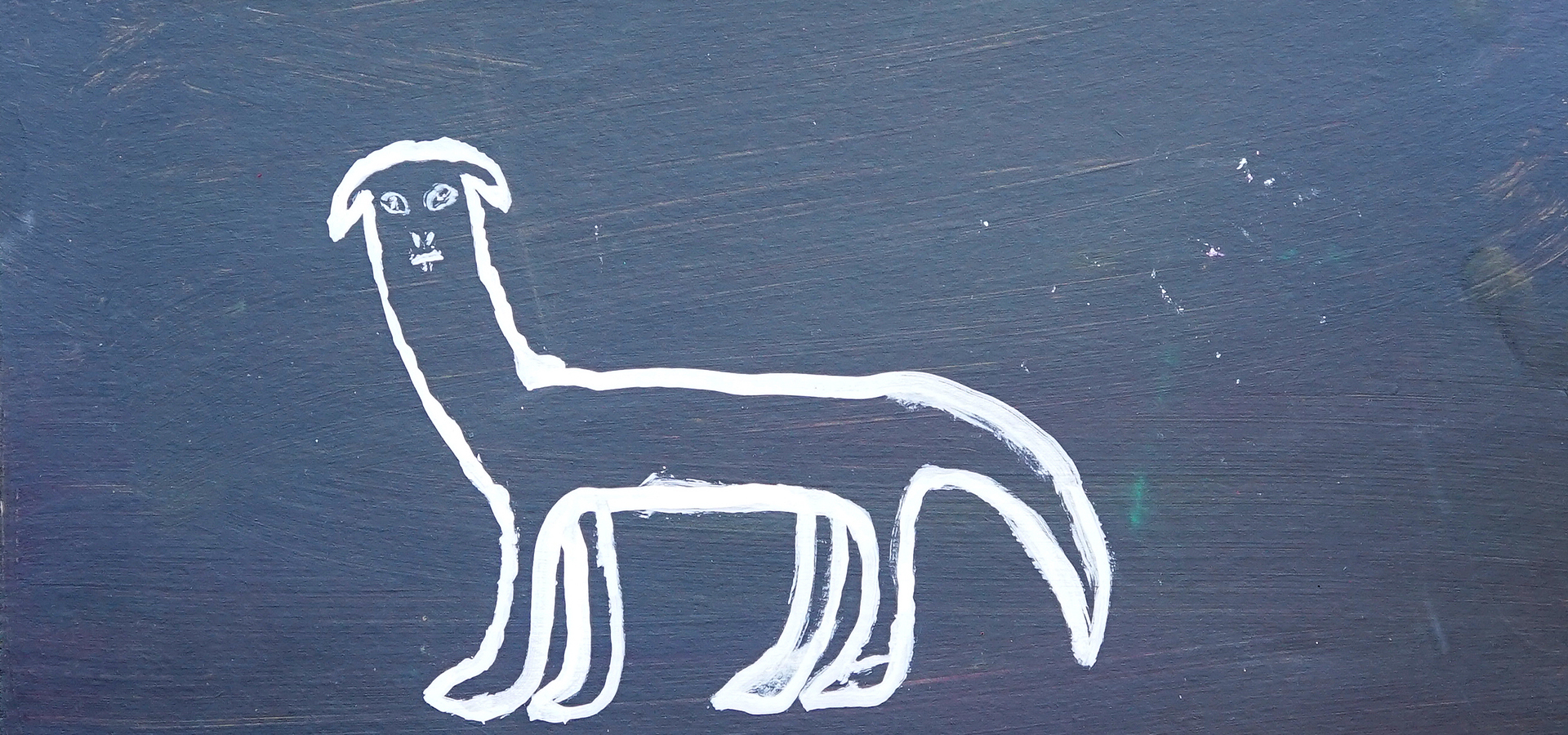
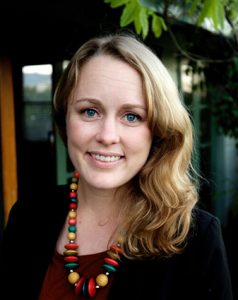
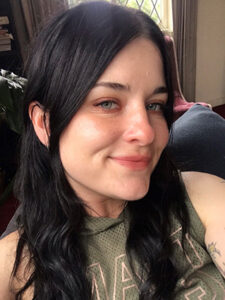


 Diana McPherson
Diana McPherson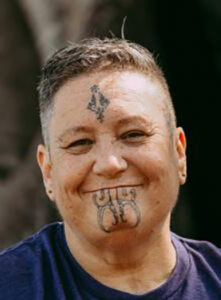
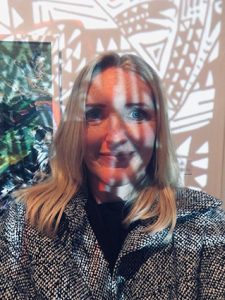

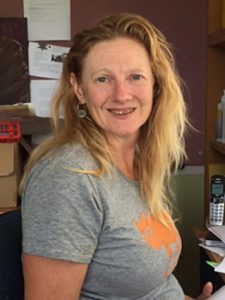 Alex McPherson
Alex McPherson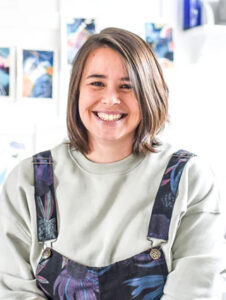
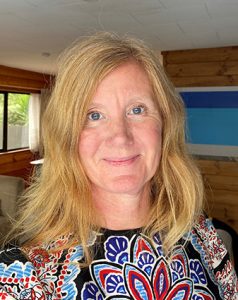 Cath O'Brien
Cath O'Brien Alvie McKree
Alvie McKree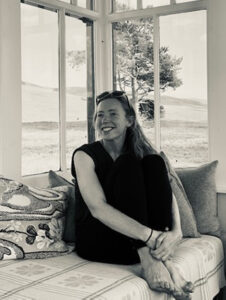

 Daneil (Dan) Cunningham
Daneil (Dan) Cunningham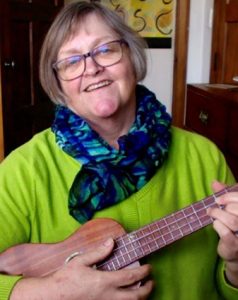
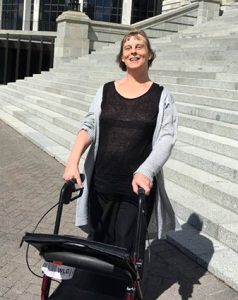 Allyson Hamblett
Allyson Hamblett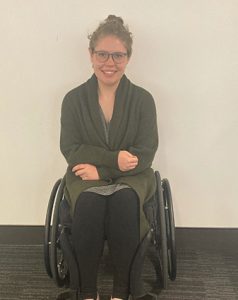

 Emilia Rubio
Emilia Rubio Jane Bawden
Jane Bawden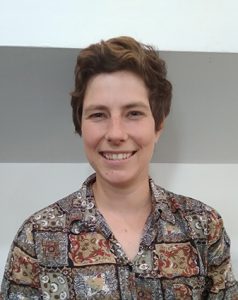
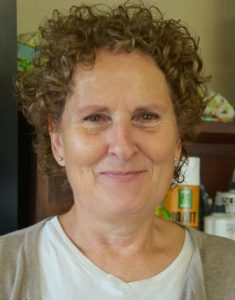

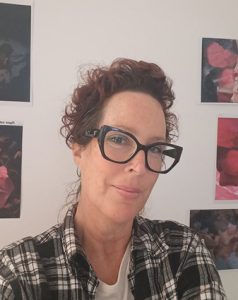
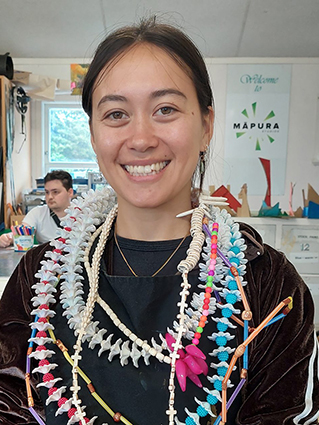


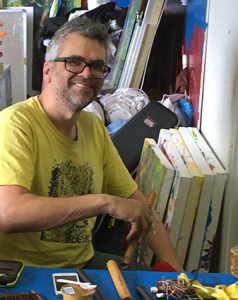

 Xu
Xu
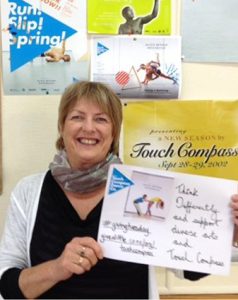
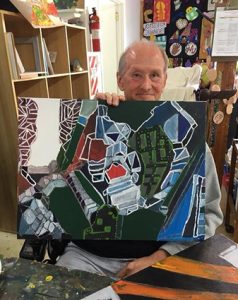
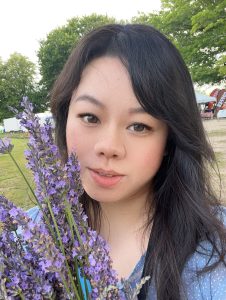 Chloe Mao
Chloe Mao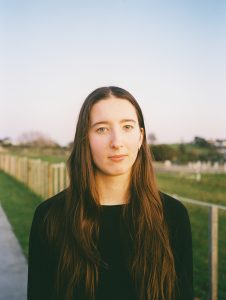 Gabrielle Stoddard
Gabrielle Stoddard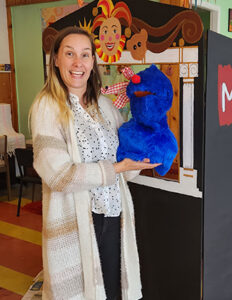
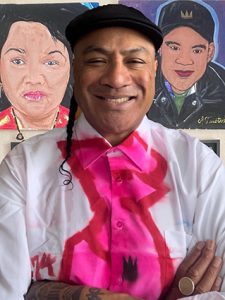
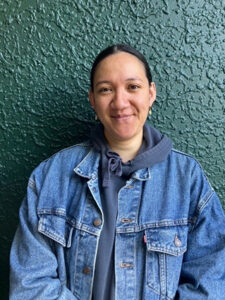 Monari Falepeau
Monari Falepeau Merrin Fagan
Merrin Fagan